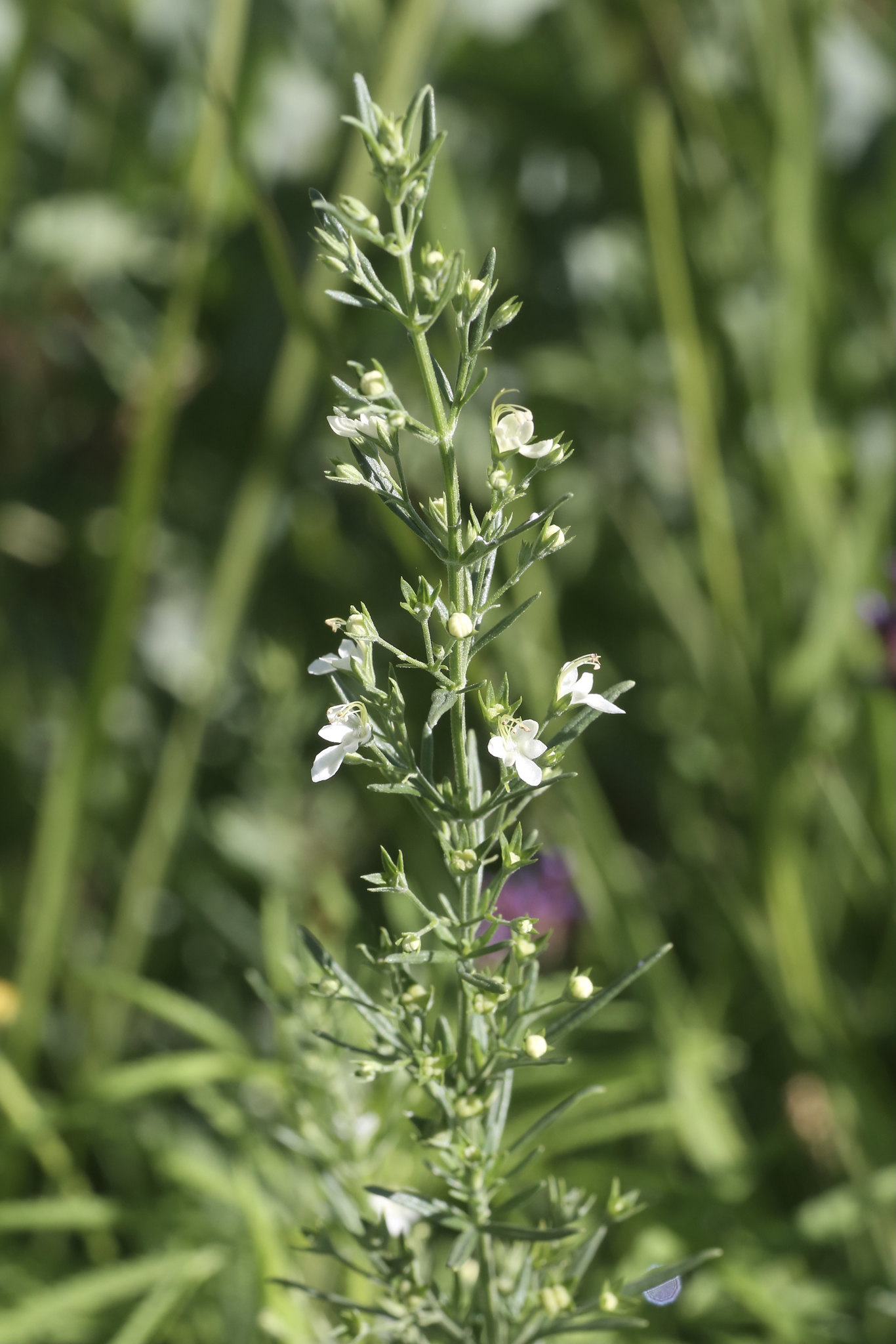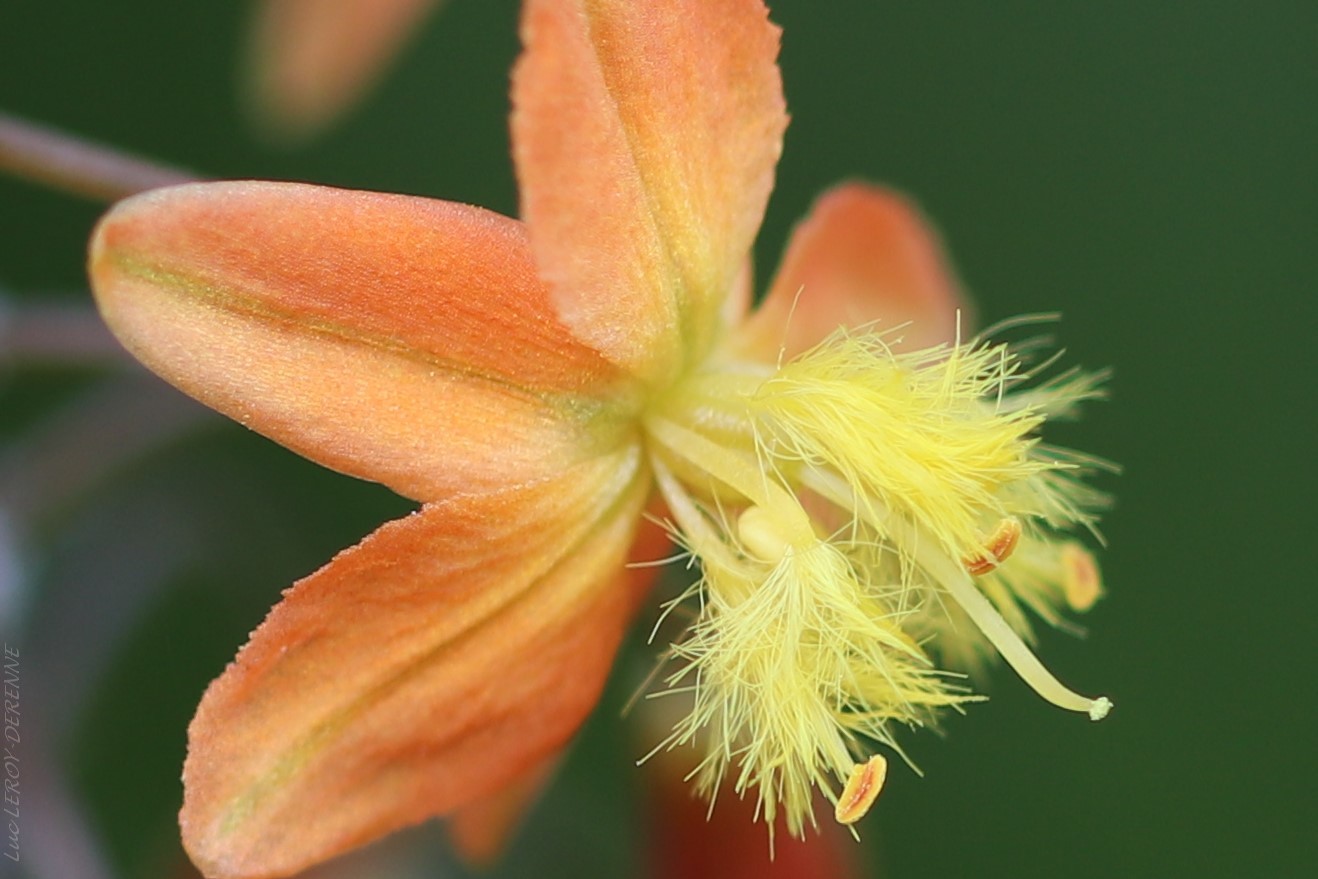In sub-Saharan Africa, 91 per 1,000 pregnancies are unwanted. This is around three times the rates of unintended pregnancies recorded in Europe and North America.
There are many reasons for this, from the individual to the household and community and policy levels. For instance, a young woman may want to terminate a pregnancy so she can finish her education or get the skills to improve her socio-economic prospects. These pregnancies may end in unsafe abortions. Breaking the cycle of unwanted pregnancy is therefore critical to realising socioeconomic development in Africa.
Indigenous contraception methods, including medicinal plants, have long been used in various African societies to prevent unwanted pregnancy. Medicinal plants used for contraception vary widely in composition and can be used as single species or herbal mixtures (concoctions). In most cases they are used as a tea. In the past, our research group has identified 23 medicinal plants reported to be used for contraception in South Africa.
But concerns have been raised about the safety, efficacy and quality of indigenous contraception methods.
In a recently published study, we tested a plant-based concoction used for contraception by health practitioners in the Batswana tradition, in South Africa’s North West province. We collaborated with practitioners to investigate the phytochemical composition and likely mechanism of the plants. Using rats as test subjects, we tested whether the plants were safe to use and whether they prevented pregnancy in the rodents.
Studies like ours that evaluate the safety and efficacy of medicinal plants using rodents as models are necessary before such studies can be performed on humans.
Our study supports the idea that herbal contraceptives can assist in the development of safe and effective hormonal contraceptives.
Key findings
Our research and teaching centre in South Africa aims to create bridges between indigenous and modern scientific knowledge. Part of our work is to explore concerns relating to the use of plants in traditional medicine.
 Bulbine frutescens. Image: Flickr
Bulbine frutescens. Image: Flickr
We found a herbal mixture that was commonly used for contraception by traditional practitioners. The mixture consisted of three medicinal plants and was taken orally by women for contraception. A traditional health practitioner with knowledge and experience of medicinal plants used for contraception in the study area assisted with the collection of the three plant species (Bulbine frutescens, Helichrysum caespititium and Teucrium trifidum). The preparation of the herbal mixture for scientific evaluation was based on the recipe provided by the traditional health practitioners.
First, we profiled the phytochemicals in the herbal mixture using modern analytical techniques. This told us the types and quantity of compounds that were in the herbal mixture.
Then we evaluated the safety and efficacy of the herbal mixture with rodents as animal models. This work was done at the preclinical drug development facility of our research partners. The safety of the herbal mixture was evaluated using the acute toxic class method. This procedure follows certain steps to establish whether further testing is needed or not.
During the efficacy study, female rats were randomly divided into four groups, each consisting of seven rats. We gave female rats the herbal mixture for three days, then put them with male rats for three days. Three groups received different doses of the mixture. A control group did not receive the mixture.
Overall, the herbal mixture extract was found to be safe. It had no toxic effects on cells and no rat got sick or died.
Our investigations showed that the herbal mixture contained bioactive compounds with contraceptive activity. Two of the doses showed no contraceptive efficacy. A dose of 50 mg/kg showed a low rate of contraceptive efficacy (14%) – only one rat out of seven did not fall pregnant.
The results suggest that there is potential for developing safe and efficacious herbal contraceptives from natural extracts of local plants. Medicinal plants and the associated indigenous knowledge could offer alternatives for women who have health problems with or lack access to modern contraceptives.
 Teucrium trifidum. Image: Flickr
Teucrium trifidum. Image: Flickr
Moving forward
In future we would like to know more about medicinal plants used for male contraception, female emergency contraception and termination of pregnancy (abortifacients).
We want to determine the effects these plants have on reproductive hormones and reproductive organs as guided by laboratory and animal experiments. We also want to determine the effect of storage and packaging on the quality of these plant-based concoctions and extracts.
Since some traditional practitioners cultivate wild medicinal plants in their home gardens, we would also like investigate whether that affects their safety, efficacy and quality. DM/ML
This story was first published in The Conversation.
Molelekwa Moroole is a DSI/NRF Postdoc Research Fellow at North-West University. Adeyemi Oladapo Aremu is an associate professor at North-West University. Materechera Simeon is a Professor of Soil Science at North-West University.
[hearken id="daily-maverick/9591"]




 Teucrium trifidum. Image: Flickr
Teucrium trifidum. Image: Flickr